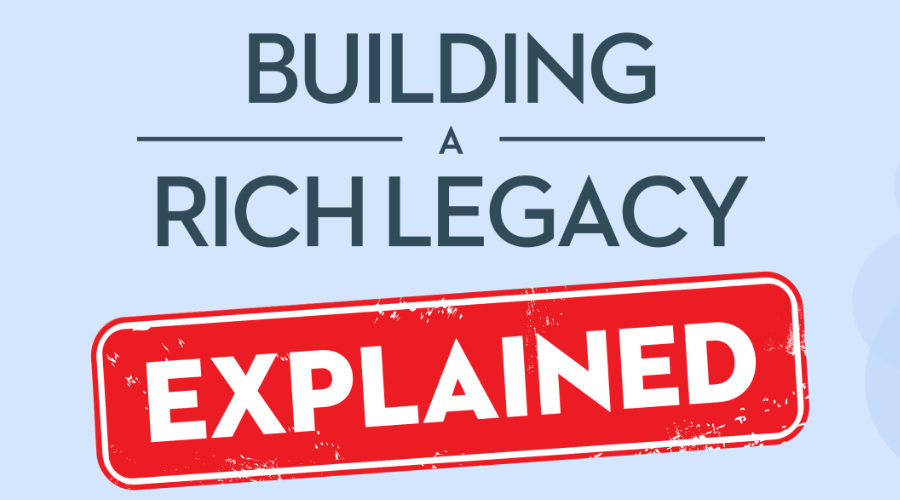By Joyce Wayne
Enough small talk. Let’s get right to it: Why can’t we talk to each other anymore? What makes for good communication? And how do we restore the lost art of conversation?
I’m concerned, aren’t you? There’s nothing I enjoy more than a good conversation. That’s why I attended the CBC Massey Lecture at the beautiful Koerner Hall in Toronto this past October. The talk was presented by Ian Williams, an award-winning novelist and poet who also teaches at the University of Toronto.
About Ian Williams
Ian navigated a challenging path. He grew up in Brampton, Ontario and completed a Ph.D in English Literature. His novel, Reproduction, won the Giller Prize for fiction and was published in Canada and abroad. His essay collection, Disorientation, considers the impact of racial encounters on ordinary people.
I met Ian at Sheridan College years ago when he first began teaching. In my opinion, he was by far the most talented and original person on the faculty. Today, Williams is a full professor of English and the director of the Creative Writing program at the University of Toronto. He’s also the academic advisor for the Massey College William Southam Journalism Program.
The CBC Massey Lecture with Ian Williams
What I liked about Ian years ago at Sheridan was what a great conversationalist he was – honest, open and receptive to new ideas. Talking to Ian was better than reading a book or a walk in the woods. Even a short conversation with him was like a nice combination of both. It was a deep dive into shared interests that felt like it was taking place in a lush green landscape: original, forgiving and with the gravity of a conversation that would be remembered. I can still recall my conversations with Ian like they happened yesterday even though they took place more than ten years ago.
For Ian’s lecture at Koerner Hall this fall, it was a full house. I couldn’t tell who was in the audience, whether students, professors, or just regular people like me, who wanted to hear a great lecture about why conversation has become so fractious or so meaningless.
Ian began his lecture by saying: “Enough small talk. Sorry about your childhood, not sure about your politics. Let’s get right to it. It’s important for us to talk about conversations at this particular moment for several reasons.”
“First, we need to address the deterioration of civic and civil discourse. On the civic side, we speak to each other as if we have all become two-dimensional profiles, without history, family or feelings. On the civil side, our leaders speak to us, goad us, with incendiary rhetoric. We fall for it. Their inflammatory language…combined with stressed, seething citizens is enough to cause wildfires across democracies.”
Sitting in the audience, I consider what life will be like after the November 5th U.S. election. How much will the outcome of that race impact Canada? My friends are anxious. We don’t actually engage in conversations about the American election. We are frightened. We blink. Or close our eyes. It’s difficult to find the exact words to describe what we are thinking or how we are feeling about the days ahead.
Reluctance is what Ian’s lecture is about; he is encouraging us and coaxing us to find the right words to express our thoughts, however tricky they may be in the current environment. We recognize that many, if not most, of our conversations take place in the online space, and it is changing how we talk to each other. Online, we can be anyone, no matter how kind or nasty. In his lecture Williams says, “Online, we can make false and hurtful comments yet escape consequences”. Or, as I would add, we can fade away, become anonymous, and be more disconnected from others than we were before the age of social media.
Key Insights from Ian Williams New Book “What I Mean to Say”
In his new book, What I Mean To Say: Remaking Conversation in Our Time, Ian bravely addresses the topic of “What We Can’t Talk About.” What can’t be talked about in the age of woke culture: politics, religion, death, race, money, class, and certain aspects of people’s personal lives.
“If you name the problem, you are the problem.” So, we end up protecting ourselves and making sure we never contaminate ourselves by saying something wrong. “We’re all entrepreneurs concerned about our brand,” writes Williams. “Or we are privileged enough to not even think about it,” he adds.
In either case, we aren’t talking to each other about the subjects that matter. We’re not solving problems or helping each other to digest issues. In this age of ubiquitous communication, we are stuck and often either voiceless or mouthing a false voice.
I hope this column will encourage you to say more of what is on your mind. To think, listen, and converse in increasingly meaningful and honest way by giving yourself more options. Be fearless, be sincere: not overly nasty or too reserved. It’s as easy to be insulting as it is to be silent.
The 2024 CBC Massey Lectures are available as a book, What I Mean to Say: Remaking Conversation In Our Time, from House of Anansi Press.
During the week of November 18th, the Massey Lectures will be broadcast on CBC Radio Ideas and be made available as a podcast and on CBC Listen.
































